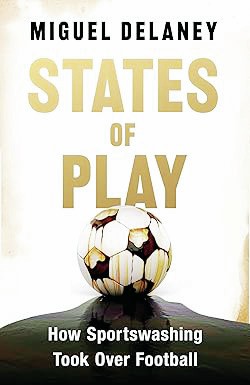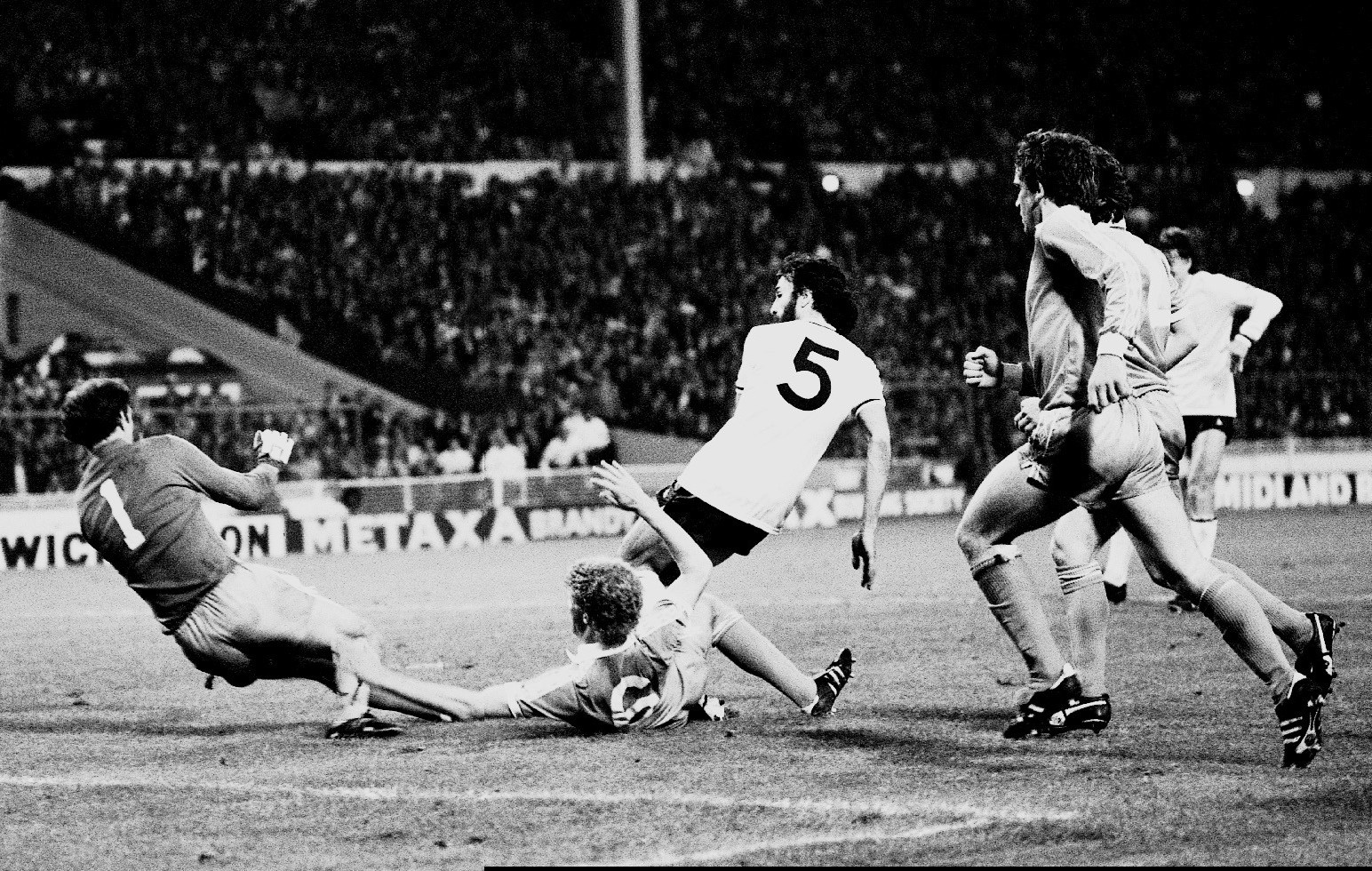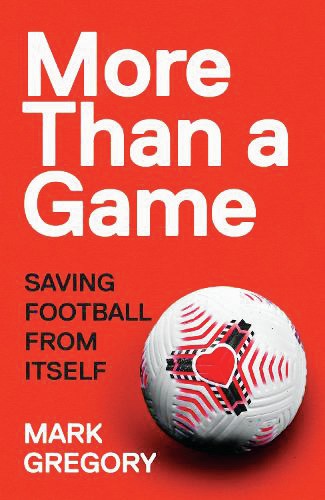More Than a Game – Saving Football From Itself, by Mark Gregory, published by Yellow Jersey, Price: £16.99
FORMERLY Ernst & Young’s chief economist and Stoke City supporter Mark Gregory has produced a timely and in-depth analysis of why the English game requires radical reform and how it can be changed for the better.
He was recently called as an expert to give evidence on economics and regulation to the fan-led review of football governance.
Gregory traces the growth of the Premier League and identifies that, despite its commercial successes, it has had a disruptive and damaging impact on the overall English game.
A small group of elite clubs have an unhealthy dominance of the Premier League and domestic trophies; it is estimated that more than two-thirds of the country’s 92 clubs across the top four divisions are loss-making; payments to agents each year regularly total more than the combined income of all 44 clubs in League One and Two; supporters have been squeezed to the limit; grassroots facilities are in a dreadful state; and failed World Cup bids have severely weakened England’s standing in the global game.
Gregory sees now as a watershed moment, post Covid-19 and after the failed Project Big Picture and European Super League, and at a time of the fan-led review of football’s governance.
He emphasises that we are now at a critical point, a once-in-a-generation opportunity to rebalance the game. The choices we make could have similar or greater consequences than those made in the last four decades.
He explains: “Despite world-leading revenue generation, the Premier League has been loss-making throughout most of its existence and the rest of the English football pyramid is extremely challenged financially.
“We should not be surprised. A hands-off approach to regulation in an environment where some owners faced by talent with significant market power are willing to spend whatever it takes only ends in one way.”
Gregory has produced a very strong case for change and has put together an excellent list of reforms which would restore some sanity into the English game.
He believes that an integrated strategy is required, and any reform proposals must aim to generate the maximum revenues possible consistent with the competitive balance we desire, while reducing expenditure, especially wages and transfer fees.
He wants a more balanced, open and sustainable pyramid that offers a realistic possibility to more clubs of promotion, and then a fighting chance of surviving at a higher level.
At the centre of the proposed reforms is an independent regulator, a new governance structure and a redistribution of revenues throughout the pyramid.
Cynics will say that the big problem with these proposals is that positive change is unlikely to happen because the elite clubs and their owners will not act in the best interests of the game overall.
I hope they are wrong and, for the sake of the English game, that Gregory’s considered reforms can be implemented.
Ian Aspinall
Rating out of 10: 9













